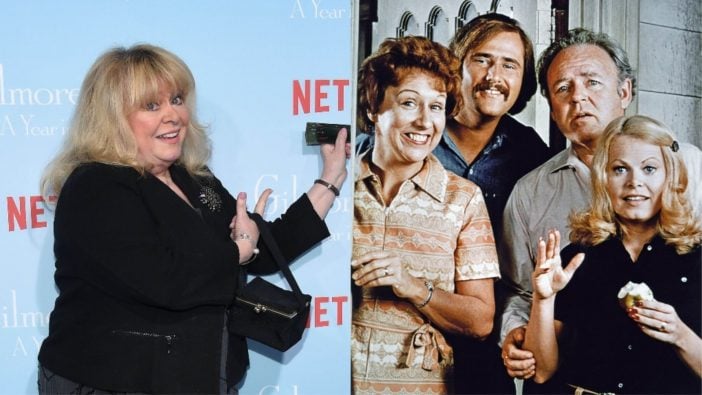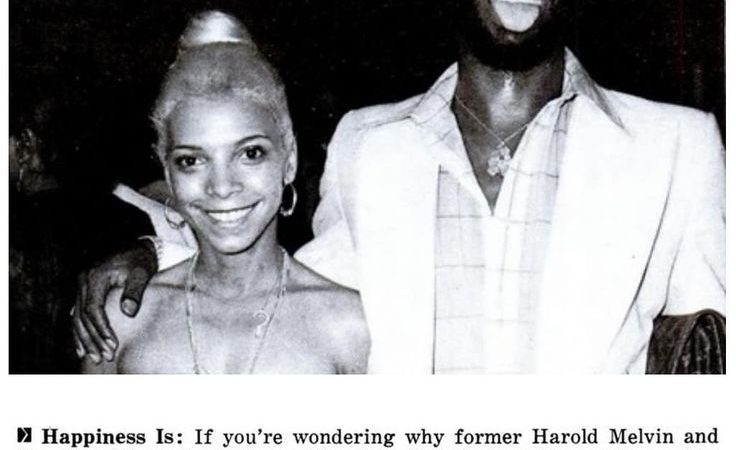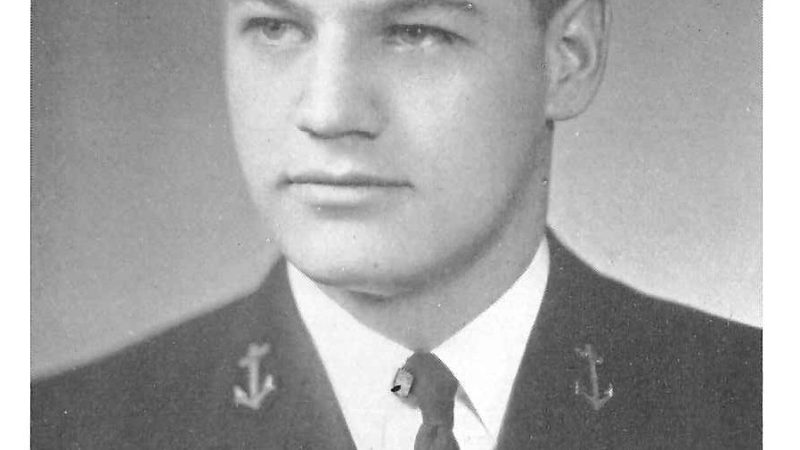The Vital Role of Indigenous Consultants in Bridging Cultural Divides

The cultural divide between indigenous and non-indigenous Australians is a complex issue with deep historical roots. The divide has been shaped by the impact of colonisation, the forced removal of children from their families, and the ongoing legacy of discriminatory policies and practices. This has led to a significant gap in understanding, beliefs, and values between indigenous and non-indigenous Australians, often making building meaningful relationships and trust difficult.
However, there has been a growing recognition of the value of native knowledge and expertise, particularly in consulting. By recognising the importance of Aboriginal consultants, one can take an essential step towards reconciliation. The following section of this article will delve deeper into the role of these consultants in reconciliation.
The importance of hiring Indigenous consultants
Indigenous consultants bring a unique perspective to the consulting industry. Their knowledge of the land and its natural resources and their understanding of traditional ecological practices make them valuable contributors to various projects.
These consultants can help ensure that projects are developed in a way that respects the land. They can provide insights into local communities and their needs, helping to develop culturally appropriate and economically viable projects.
The native communities are often located near areas with significant mineral resources. By working with consultants, mining companies can ensure that these resources are extracted in a way that respects the land. This can reduce the environmental impact of mining projects and improve the relationship between mining companies and local communities.
The native communities have a rich cultural heritage that can draw tourists. Tourism operators can develop culturally sensitive and respectful projects by working with aboriginal consultants. This can help ensure that tourism benefits local communities while preserving their cultural heritage for future generations.
The Role of Indigenous consultants in reconciliation
Aboriginal consultants have a deep understanding of the complexities of indigenous issues and have the expertise to guide non-indigenous individuals and organisations in their engagement with indigenous peoples. They can provide critical advice and guidance on cultural protocols and practices, community consultation and engagement, policy development, and strategic planning.
Furthermore, the consultants can act as a bridge between indigenous peoples and non-Indigenous individuals and organisations, facilitating communication and fostering understanding between the two groups. They can also provide a valuable perspective on issues related to reconciliation, including land rights, treaty negotiations, and constitutional recognition.
The engagement of native consultants can also demonstrate a commitment to reconciliation by non-Indigenous individuals and organisations. By recognising the importance of native knowledge and expertise, non-indigenous individuals and organisations can work towards building respectful and meaningful relationships with Indigenous peoples and contributing to a more equitable and just society for all Australians. Overall, the role of Indigenous consultants in reconciliation is crucial and should be valued, respected, and supported in the ongoing reconciliation process in Australia.
Recognising the value of aboriginal consultants is important for the consulting industry and the broader reconciliation process in Australia. Incorporating native knowledge and expertise into consulting projects ensures that development respects the land while benefiting local communities. However, this recognition is just the first step. One must also address the systemic barriers that prevent native people from pursuing careers in consulting and working towards creating more equitable opportunities for all. Only by working together can people build a more inclusive and respectful society that recognises and celebrates the rich cultural heritage of indigenous Australians.






